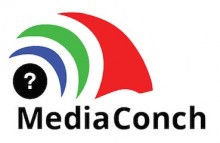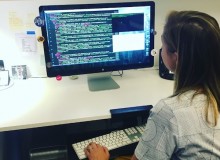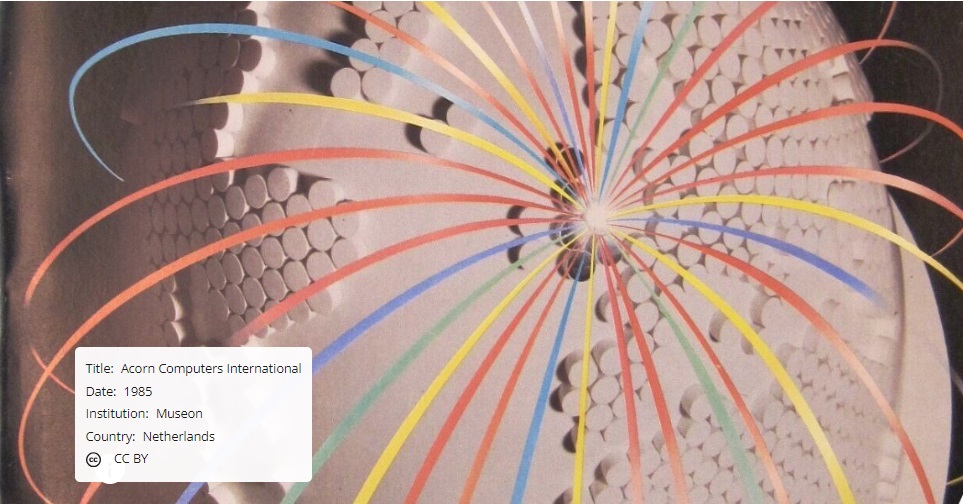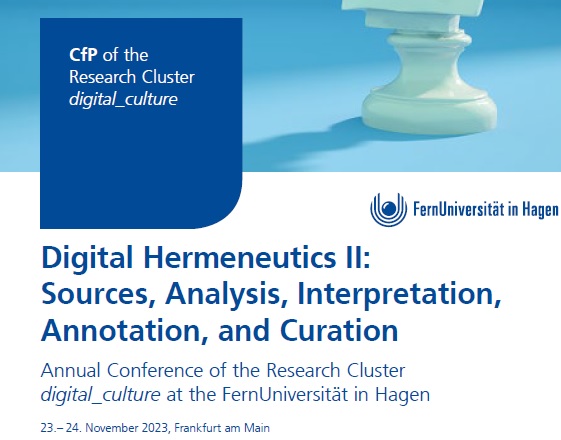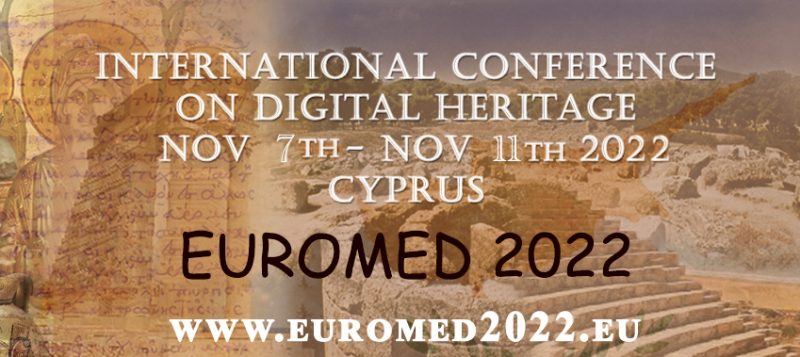 MediaArea is pleased to announce the initial release of MediaConch (Media Conformance Checker). Part of the PREFORMA project, a Pre-Commercial Procurement (PCP) project co-funded by the European Commission under its FP7-ICT Programme, MediaConch consists of a suite of tools and features to enable comprehensive control, testing, and modification of select archival audiovisual formats, specifically Matroska, lossless FFV1, and LPCM.
MediaArea is pleased to announce the initial release of MediaConch (Media Conformance Checker). Part of the PREFORMA project, a Pre-Commercial Procurement (PCP) project co-funded by the European Commission under its FP7-ICT Programme, MediaConch consists of a suite of tools and features to enable comprehensive control, testing, and modification of select archival audiovisual formats, specifically Matroska, lossless FFV1, and LPCM.
At this early stage MediaArea is presenting their first release to facilitate testing, oversight, and feedback to the project as they move forward with development. Currently MediaConch is available as a GUI and CLI application, with support for the following features:
- Generation of detailed technical metadata report from audiovisual files in text or XML format.
- Generation of ‘MediaTrace’ document which provides an textual reference to the architecture of an audiovisual file by categorizing all bytes of data according to their underlying specification for a highly comprehensive and standard-specific report.
- Support for basic policy checking.
MediaConch anticipates including exhaustive means for creating and evaluating policy sets against collections of audiovisual media. Use cases for such policy checks include: assess that a digitization vendors deliverables meet the requested set of significant characteristics, ensuring that files are self-descriptive, and testing for coherencies (such as a file using a PAL frame size if using a PAL frame rate). Expression of policies are being standardized using Schematron (ISO/IEC 19757-3:2006), an XML document assertion language. MediArea has prepared a demo of test files, sample policy sets expressed in Schematron, and instructions on how to use MediaConch to validate such policy. MediaArea anticipate that future releases will make such processes far more seamless.
Feedback and comments on MediConch are invited. Requests, issues, or questions may be directed at MediConch project’s issue tracker at https://github.com/MediaArea/MediaConch/issues. MediaArea development team may be reached at info@mediaarea.net.
Downloads, demo files, and instructions for policy check applications may be found at:
https://mediaarea.net/MediaConch
Join MediaConch mailing list to receive updates on the MediaConch project.



